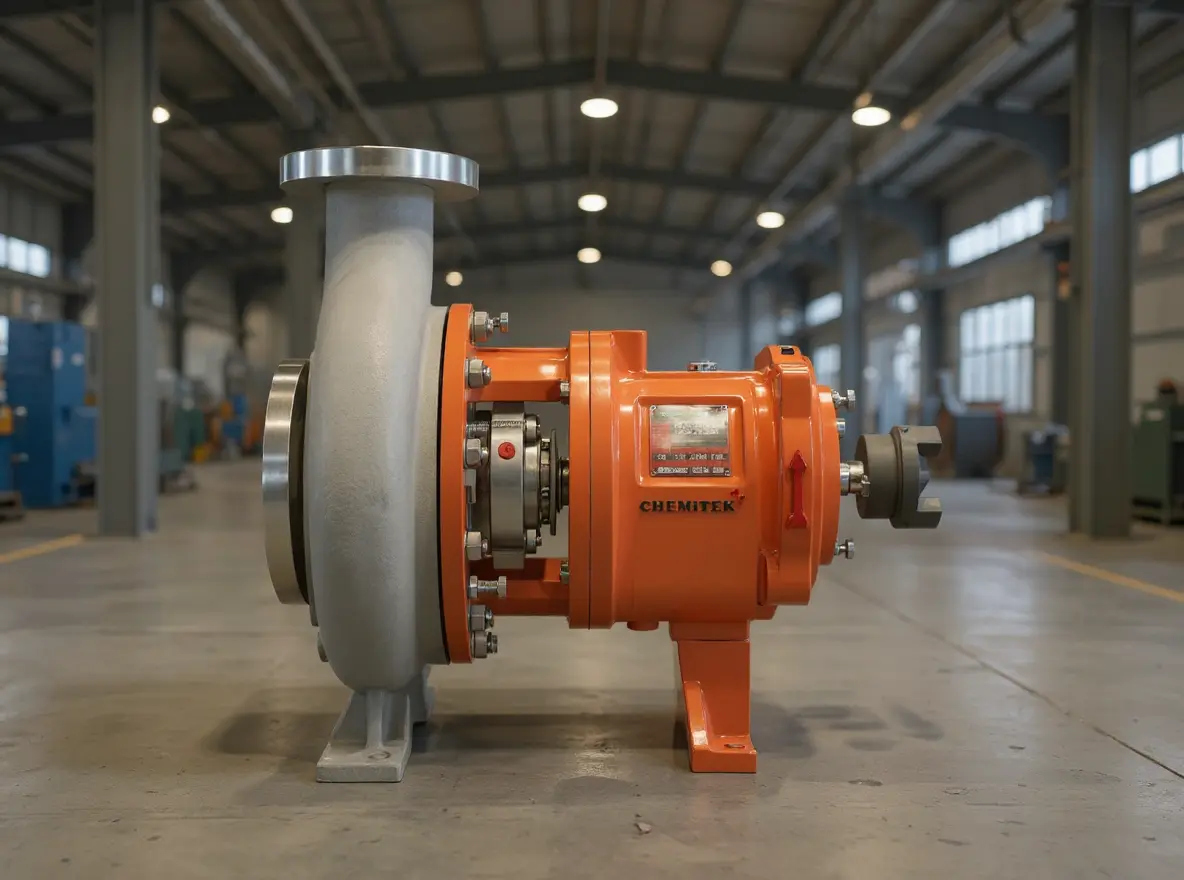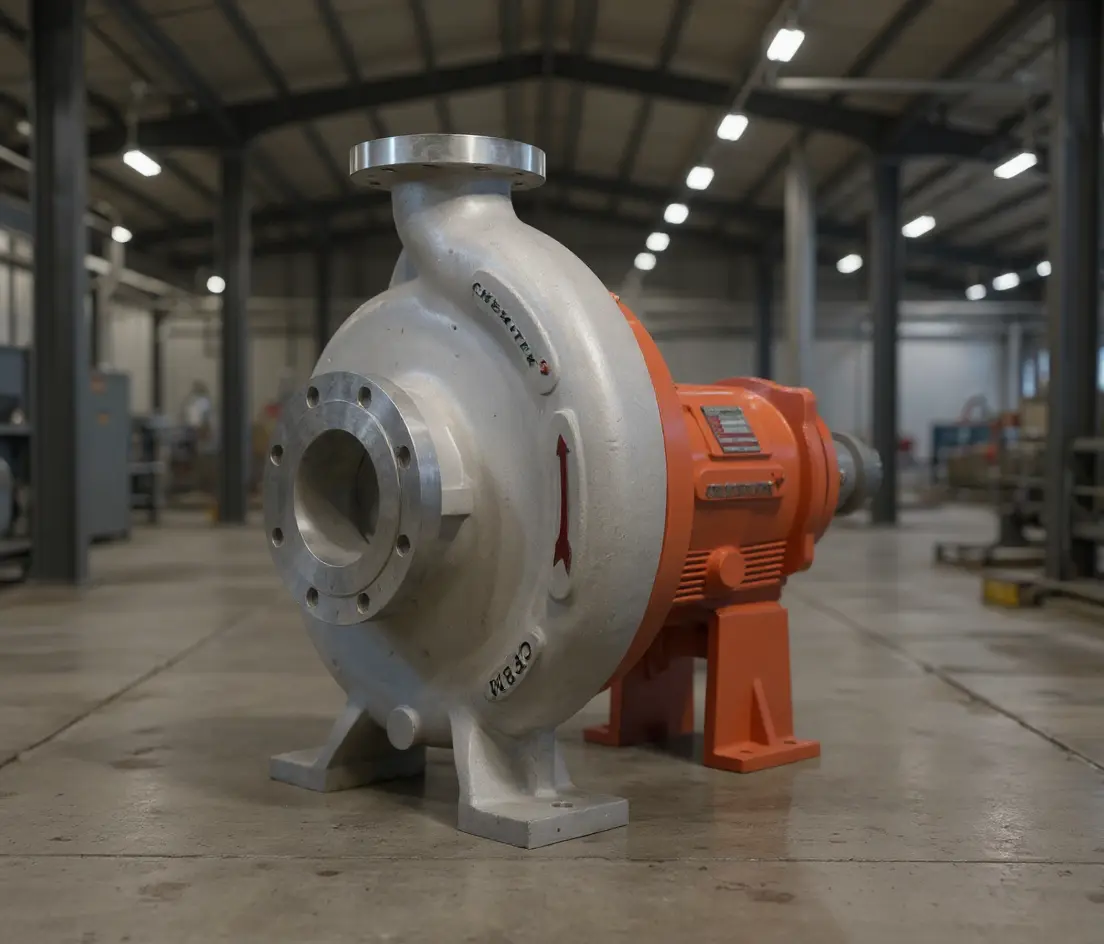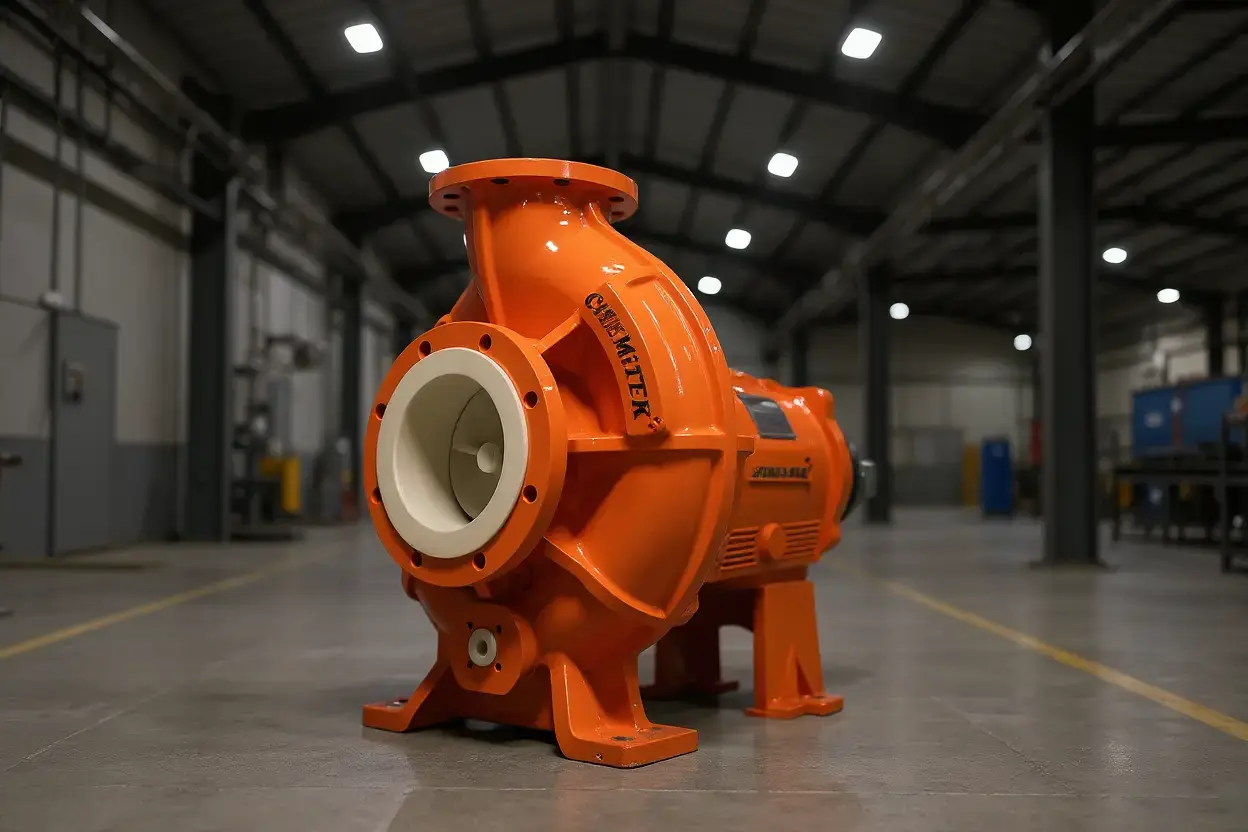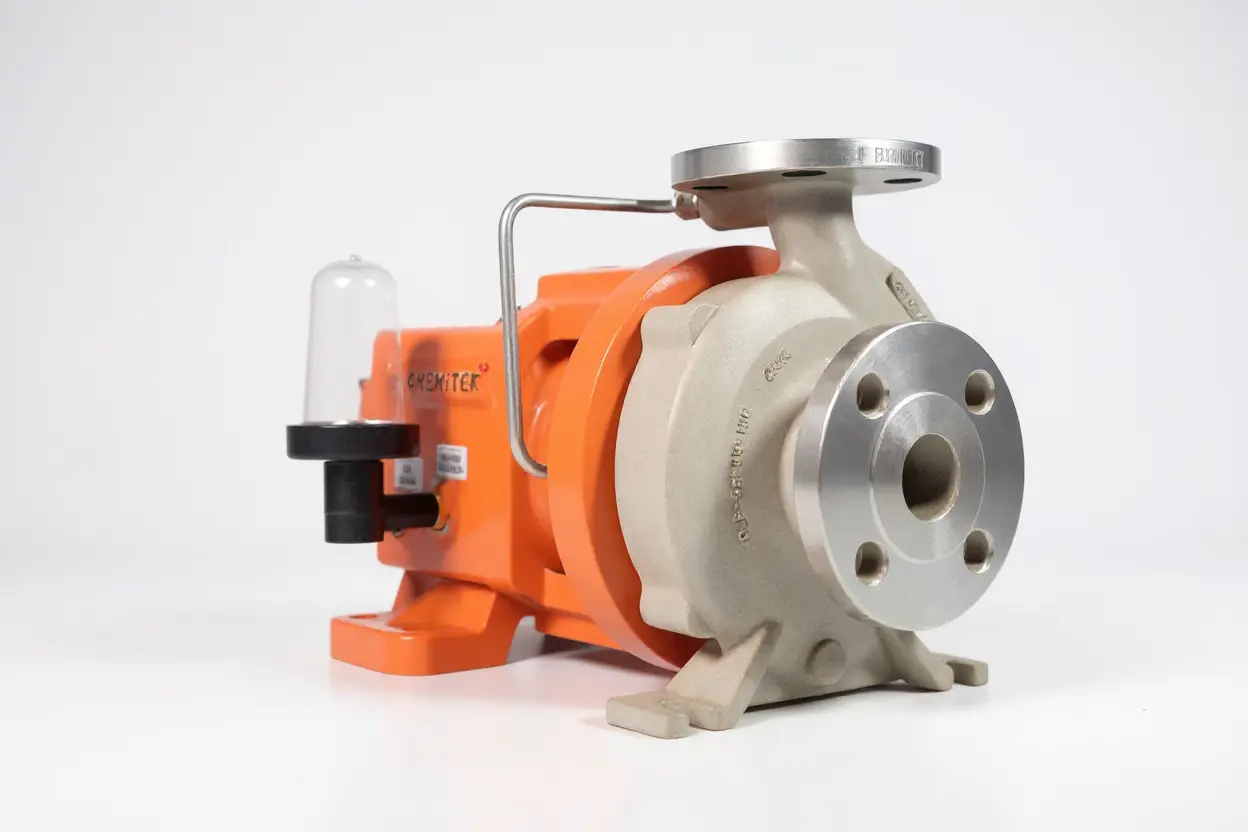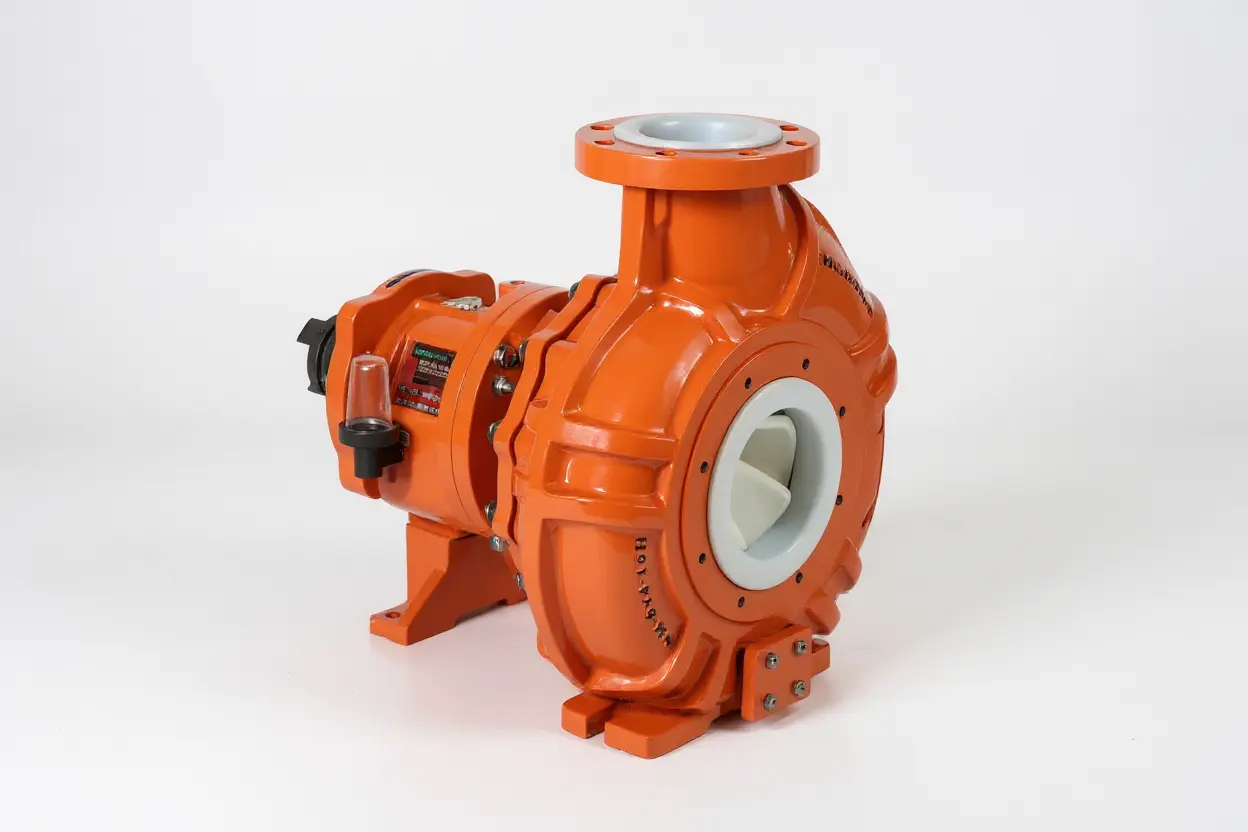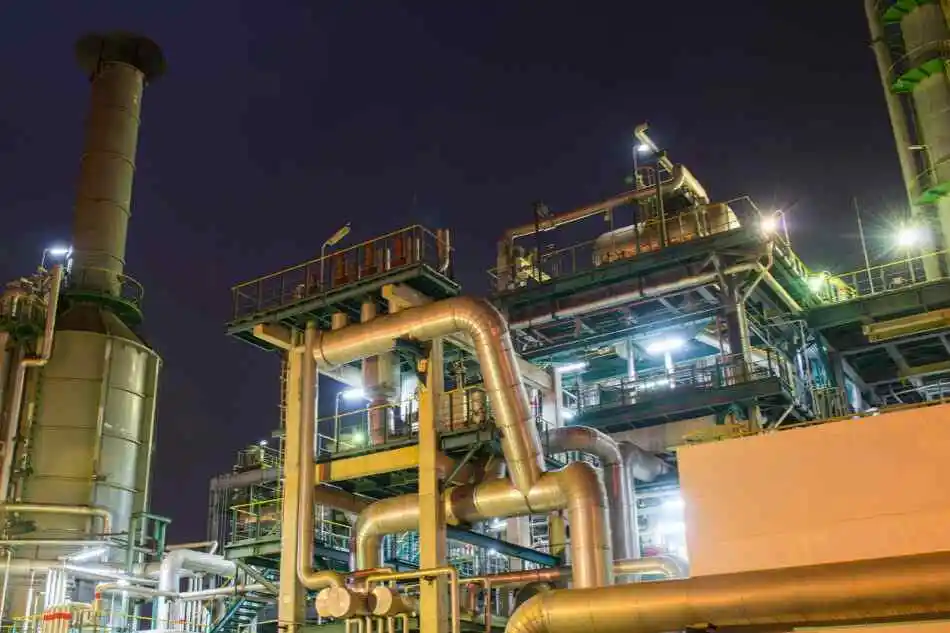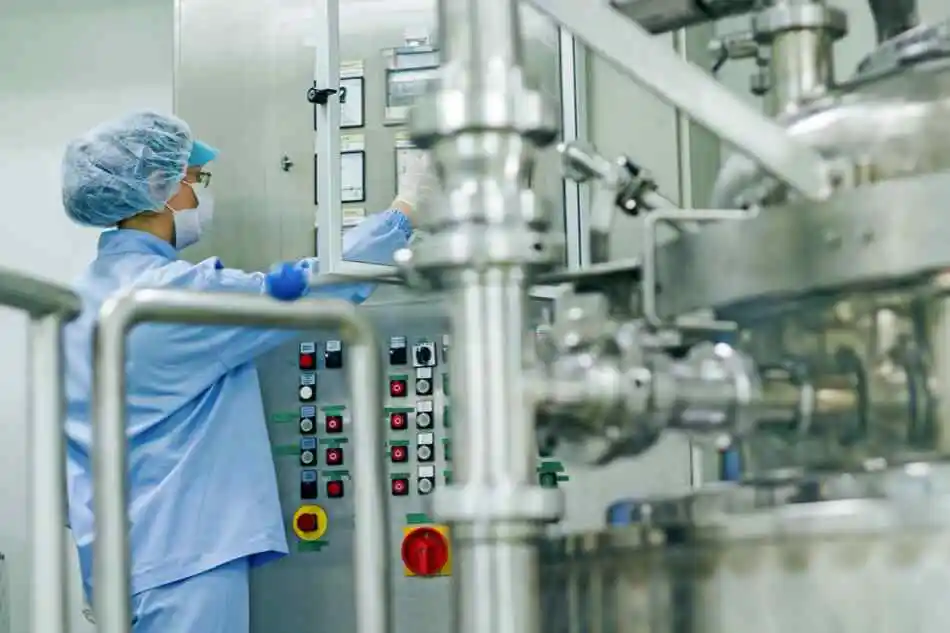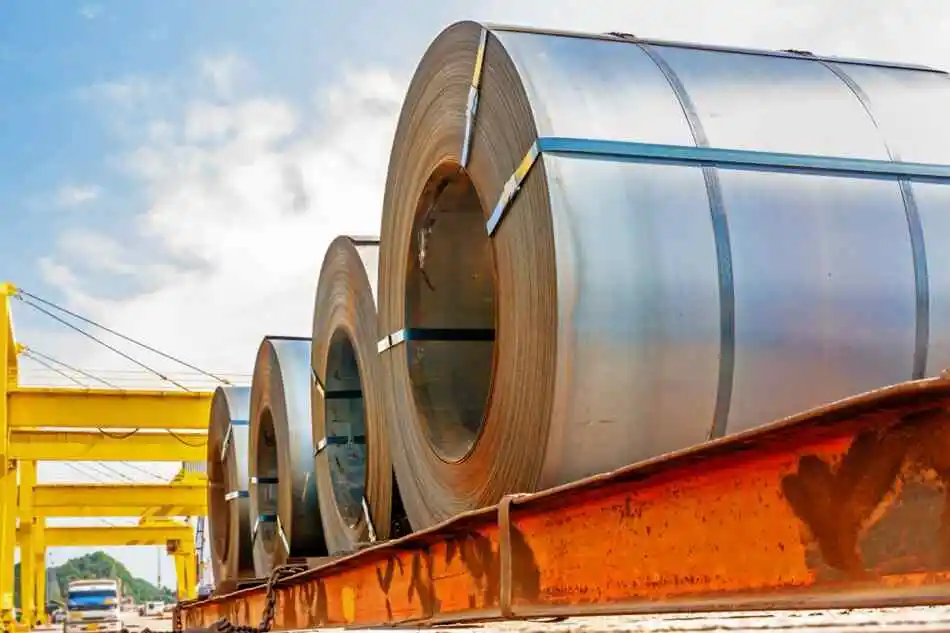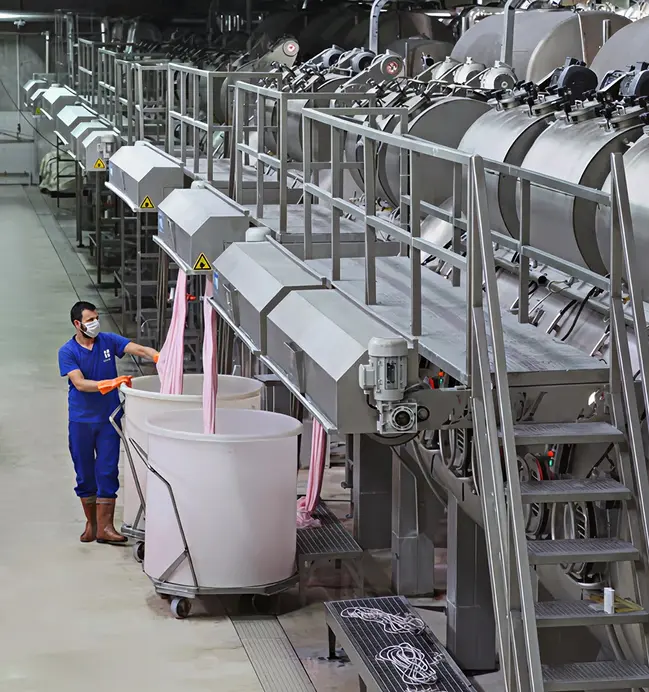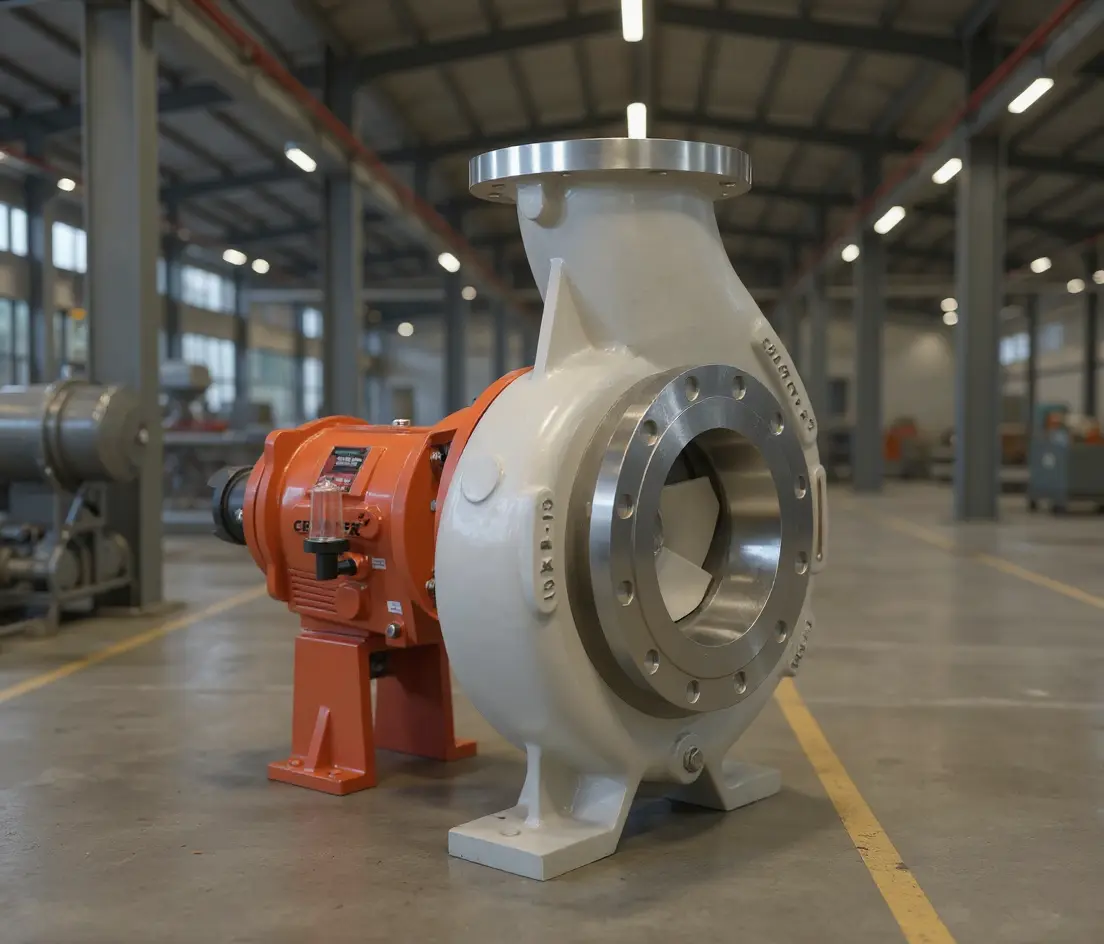What is a heating circulation pump?
A heating circulation pump is a centrifugal pump designed to circulate hot fluids, thermal
oils, or heated water through heating systems and thermal processing applications. These
pumps maintain consistent flow and temperature distribution in heating circuits, boiler
systems, and thermal fluid loops, operating reliably at elevated temperatures up to 350°C
while ensuring efficient heat transfer throughout industrial processes.
How do I know if my recirculation pump is bad?
Signs of a failing recirculation pump include unusual noises, reduced flow rates,
inconsistent temperature distribution, increased energy consumption, visible leaks around
seals, excessive vibration, or the pump failing to start. Temperature fluctuations in your
heating system and longer heat-up times are also indicators that your circulation pump may
need repair or replacement.
How long do hot water circulation pumps last?
High-quality hot water circulation pumps typically last 8-15 years with proper maintenance,
depending on operating conditions, water quality, and usage intensity. Industrial-grade
pumps with superior materials like stainless steel or exotic alloys can last even longer.
Regular maintenance, proper installation, and operating within design parameters
significantly extend pump life and ensure reliable performance.
What does a hot water circulation pump do?
A hot water circulation pump moves heated water or thermal fluids through a closed-loop
system to maintain consistent temperatures and ensure efficient heat distribution. It
prevents heat loss, reduces energy consumption, and provides instant hot water availability.
In industrial applications, these pumps maintain precise temperature control for chemical
processing, heating systems, and thermal oil circuits.
What materials are best for heating circulation pumps?
The best materials for heating circulation pumps include stainless steel grades (316L, 304)
for corrosion resistance, titanium for extreme temperature applications, and specialized
alloys like Hastelloy for chemical compatibility. For non-metallic applications, premium
fluoropolymers like PVDF and PFA offer excellent thermal stability and chemical resistance
up to 210°C.
How do I select the right heating circulation pump capacity?
Select heating circulation pump capacity based on your system's flow rate requirements, head
pressure, temperature range, and fluid properties. Consider factors like pipe diameter,
system length, elevation changes, and heat load demands. Our engineering team can help
calculate the optimal pump size, typically ranging from standard residential applications to
industrial systems requiring up to 1200 m³/hr flow capacity.
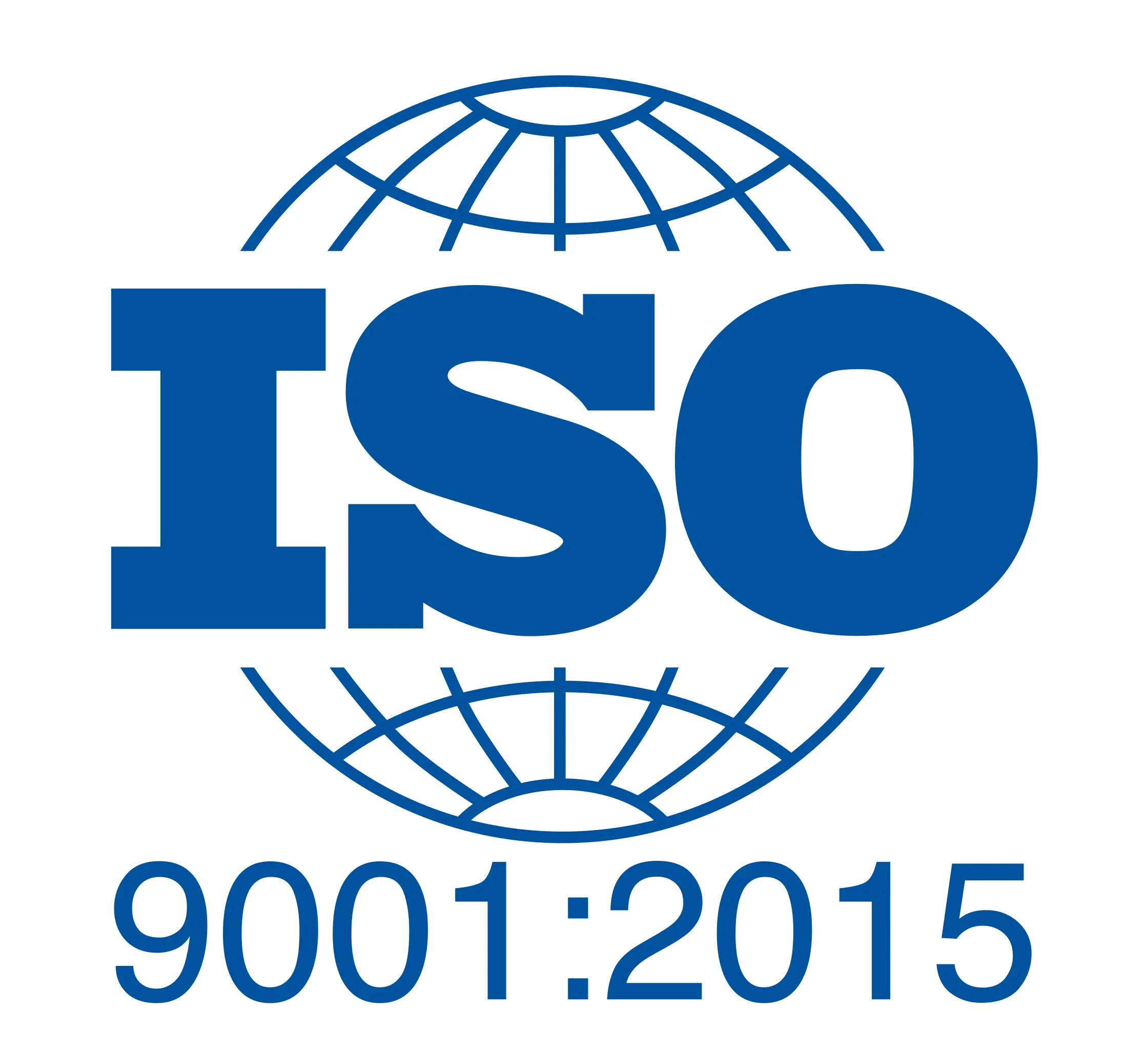 ISO 9001:2015 certified
ISO 9001:2015 certified
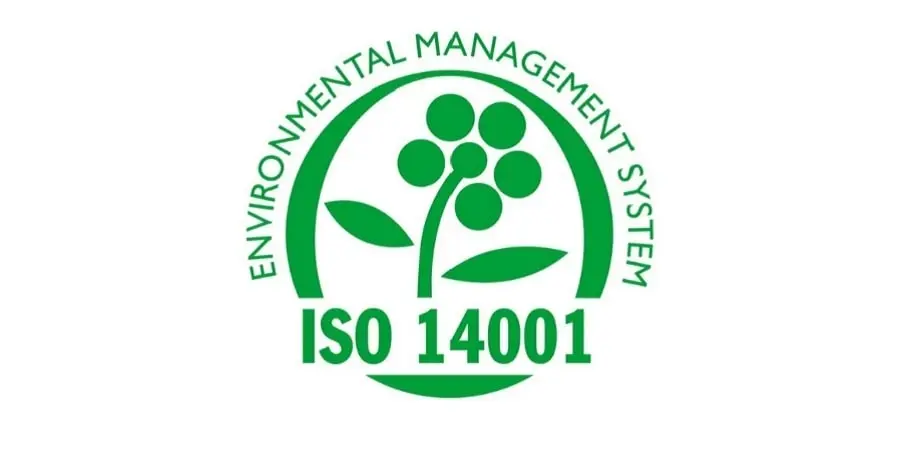 ISO 14001:2015 certified
ISO 14001:2015 certified
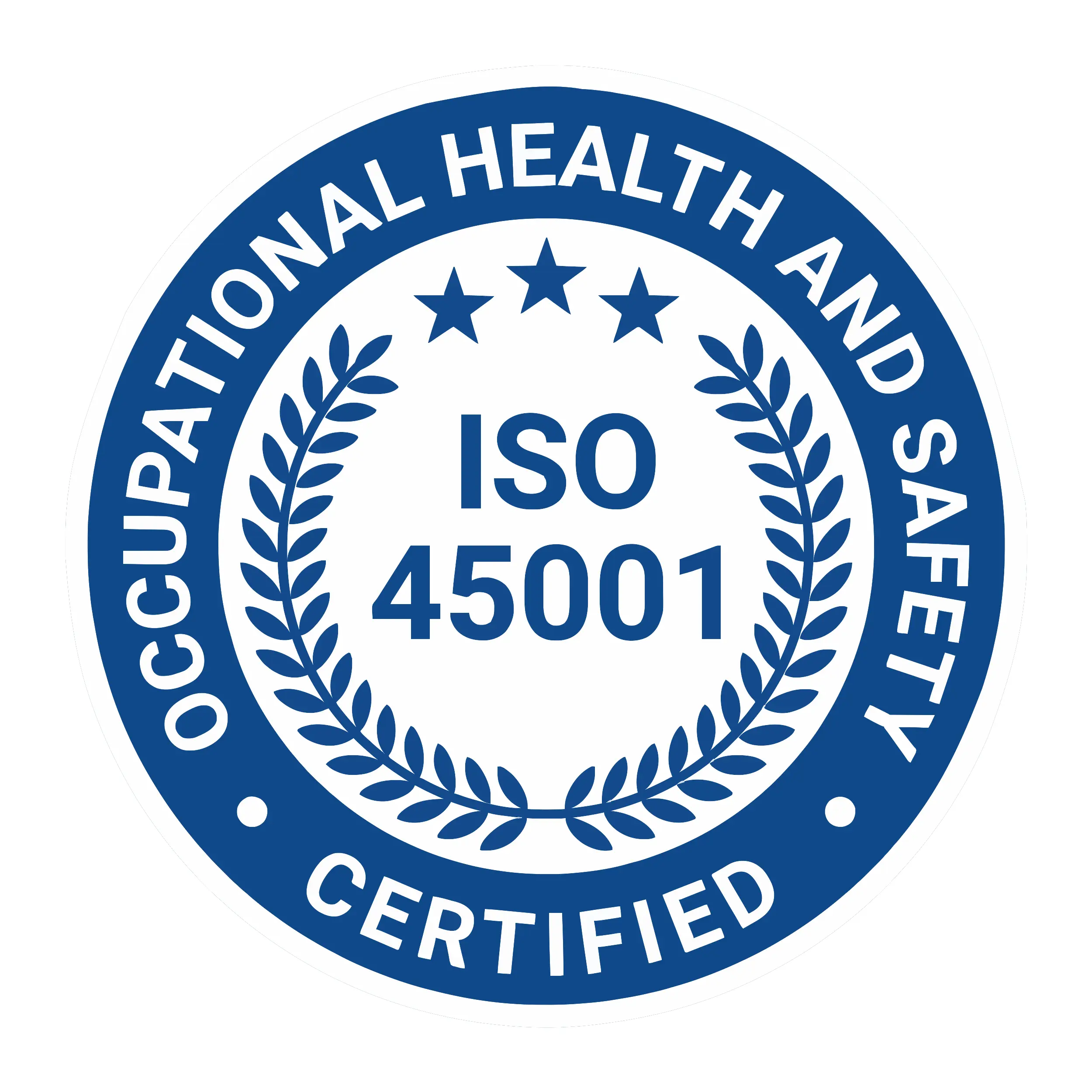 ISO 45001:2018 certified
ISO 45001:2018 certified
